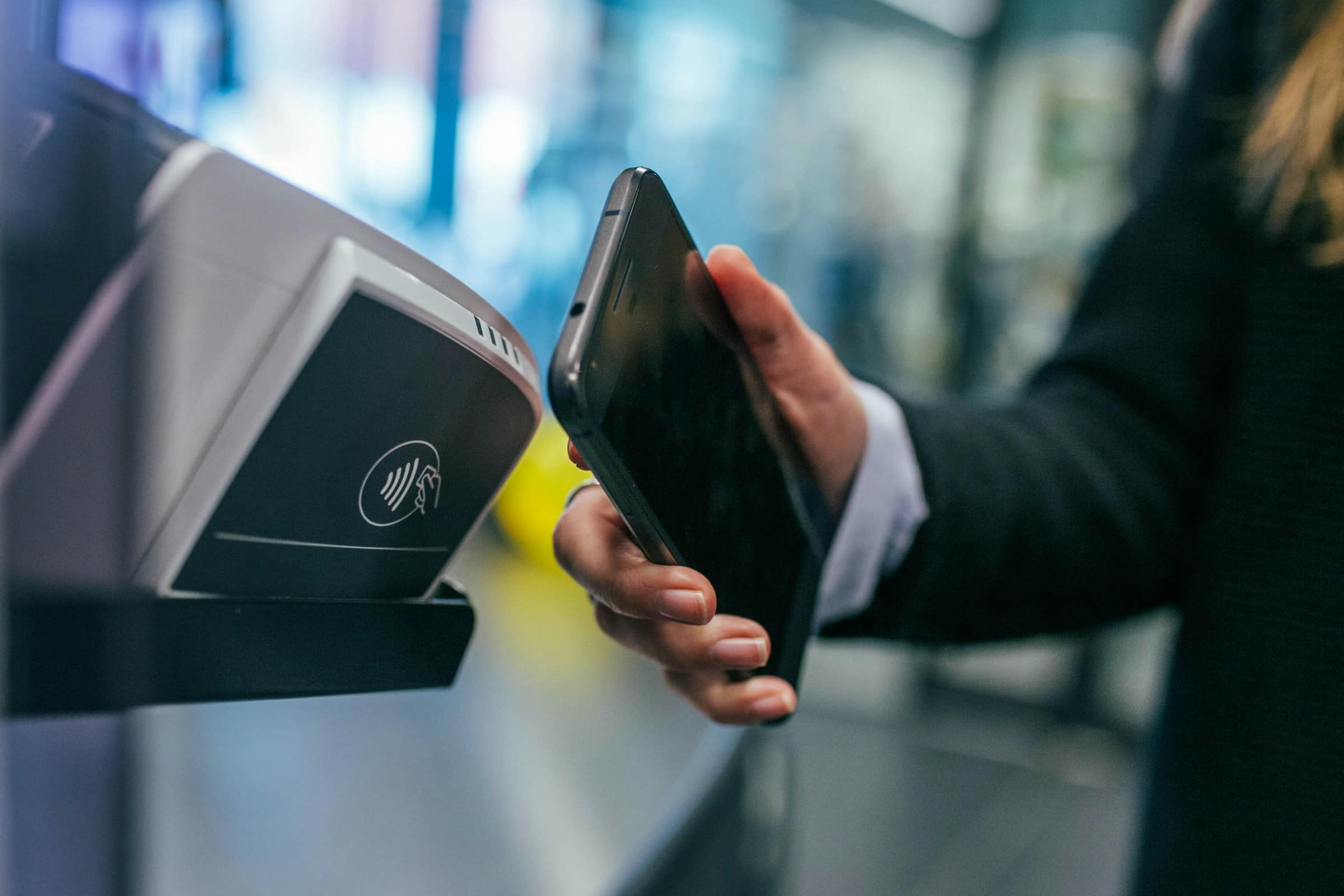What are the steps to develop a secure mobile payment system for UK's gig economy?

In today's fast-paced digital era, the UK's gig economy continues to thrive, presenting both opportunities and challenges for freelancers and businesses alike. One of the most crucial aspects of this evolving landscape is the implementation of a secure mobile payment system. As the gig economy relies heavily on mobile transactions, ensuring the security and efficiency of these payments becomes paramount. This article will walk you through the steps necessary to develop a secure mobile payment system tailored to the unique needs of the UK's gig economy.
Understanding the Gig Economy's Needs
Before diving into the technicalities of developing a secure mobile payment system, it is essential to understand the unique characteristics and demands of the gig economy. The gig economy comprises various short-term, flexible jobs, often facilitated through online platforms. Freelancers, contractors, and gig workers rely on prompt and secure payments for services rendered.
Avez-vous vu cela : What are the best techniques for improving cybersecurity in UK's educational sector?
The key requirements for a successful payment system in this context include security, reliability, and ease of use. A secure payment system should offer robust encryption and authentication methods to protect sensitive user data. Reliability ensures that transactions are processed without delays or errors, while ease of use guarantees a smooth user experience.
Evaluating Security Requirements
When it comes to developing a secure mobile payment system, evaluating and understanding the security requirements is paramount. Security breaches and data theft can have devastating consequences for both freelancers and platform operators. Therefore, a comprehensive security strategy is crucial.
A lire en complément : How can UK SMEs use cloud computing to scale their operations?
Start by conducting a risk assessment to identify potential vulnerabilities and threats. This step allows you to understand where your system might be susceptible to attacks. Implementing strong encryption protocols is fundamental to protect transaction data. End-to-end encryption ensures that user information remains confidential and secure throughout the transaction process.
Authentication mechanisms play a pivotal role in safeguarding the system. Implement multi-factor authentication (MFA) to enhance security. MFA requires users to provide multiple forms of verification, such as a password and a one-time code sent to their mobile device. This significantly reduces the risk of unauthorized access.
Regular security audits and penetration testing are essential practices to identify and rectify vulnerabilities. By continually monitoring and updating your security measures, you can stay ahead of potential threats and ensure a secure payment environment for gig workers and businesses.
Choosing the Right Technology Stack
Selecting the appropriate technology stack is a critical step in developing a secure mobile payment system. Your choice of technologies will impact the system's performance, scalability, and security.
Begin with a mobile development framework that aligns with your project's requirements. Popular options include React Native, Flutter, and Xamarin. These frameworks facilitate cross-platform development, enabling you to reach a wider audience.
For secure data storage, consider using cloud-based solutions with robust security features. Cloud providers such as AWS, Google Cloud, and Microsoft Azure offer secure data storage options with built-in encryption and compliance with industry standards.
Incorporate a payment gateway that is known for its security features. Payment gateways like Stripe, PayPal, and Square offer secure transaction processing and comply with Payment Card Industry Data Security Standard (PCI DSS) requirements. These gateways provide encryption, tokenization, and fraud detection features that enhance the security of your mobile payment system.
Implementing a blockchain can also add an extra layer of security and transparency. Blockchain technology ensures the immutability of transaction records, reducing the risk of fraud and enhancing trust among gig workers and employers.
Ensuring Compliance with Regulations
Compliance with legal and regulatory requirements is non-negotiable when developing a secure mobile payment system. The UK's gig economy is subject to various regulations that protect the rights of gig workers and ensure fair payment practices.
In the UK, the General Data Protection Regulation (GDPR) governs the handling and protection of personal data. It is imperative to comply with GDPR guidelines to ensure that user data is collected, processed, and stored securely. This includes obtaining explicit consent from users and providing them with the ability to manage their data.
The Payment Services Directive 2 (PSD2) is another crucial regulation that impacts mobile payment systems. PSD2 mandates strong customer authentication (SCA) to enhance security and reduce fraud. Ensure that your payment system complies with SCA requirements by implementing robust authentication methods.
Additionally, consider the specific requirements of the Financial Conduct Authority (FCA) for payment service providers. The FCA sets standards for financial services in the UK, including regulations related to anti-money laundering (AML) and Know Your Customer (KYC) procedures.
By adhering to these regulations, you not only ensure legal compliance but also build trust among users, demonstrating your commitment to protecting their data and providing a secure payment experience.
Focusing on User Experience
In the gig economy, where freelancers and gig workers often juggle multiple jobs and rely on timely payments, user experience (UX) is a critical factor that can make or break your mobile payment system. A seamless and intuitive user interface (UI) not only enhances user satisfaction but also ensures efficient and error-free transactions.
Start by conducting user research to understand the needs and preferences of your target audience. This involves gathering feedback from gig workers and employers to identify pain points and areas for improvement. User personas and journey maps can help you visualize the user experience and design a system that caters to their specific needs.
The user interface should be clean, intuitive, and easy to navigate. Incorporate features such as one-click payments, real-time transaction tracking, and instant notifications to enhance convenience. A responsive design ensures that the payment system works seamlessly across various devices, including smartphones and tablets.
Onboarding is a critical aspect of user experience. Simplify the onboarding process by minimizing the steps required to create an account and set up payment methods. Provide clear instructions and support to guide users through the process.
Implementing features like in-app chat support and FAQs can provide users with immediate assistance and answers to common questions. This enhances user confidence and reduces potential friction during transactions.
Security features, such as multi-factor authentication and biometric verification, should be seamlessly integrated into the user experience. While security is paramount, it should not compromise the ease of use. Strive for a balance between security and convenience to provide a smooth and secure payment experience for gig workers and employers.
Developing a secure mobile payment system for the UK's gig economy involves a multifaceted approach that addresses the unique needs and challenges of this dynamic sector. By understanding the gig economy's requirements, evaluating security measures, choosing the right technology stack, ensuring regulatory compliance, and focusing on user experience, you can create a robust and secure payment system that benefits both gig workers and businesses.
In this rapidly evolving landscape, the importance of a secure and reliable mobile payment system cannot be overstated. By following these steps, you not only enhance the security and efficiency of transactions but also build trust and credibility among users. A well-designed payment system fosters a thriving gig economy, enabling freelancers and businesses to collaborate seamlessly and achieve their goals.
In summary, a secure mobile payment system is the backbone of the UK's gig economy, empowering gig workers and businesses to navigate this dynamic landscape with confidence and ease. By prioritizing security, compliance, and user experience, you can create a payment system that truly meets the needs of the gig economy and drives its continued growth and success.
